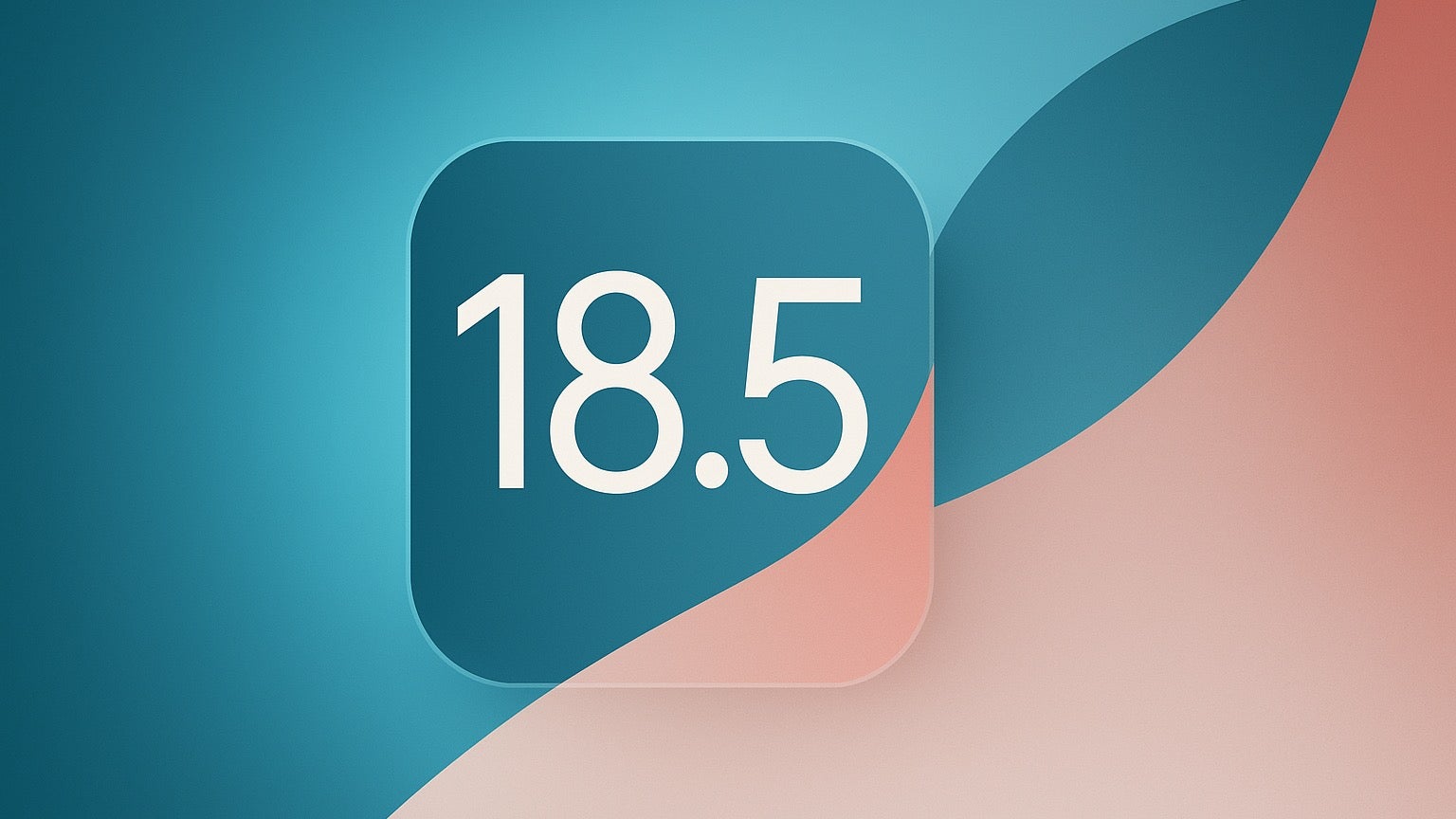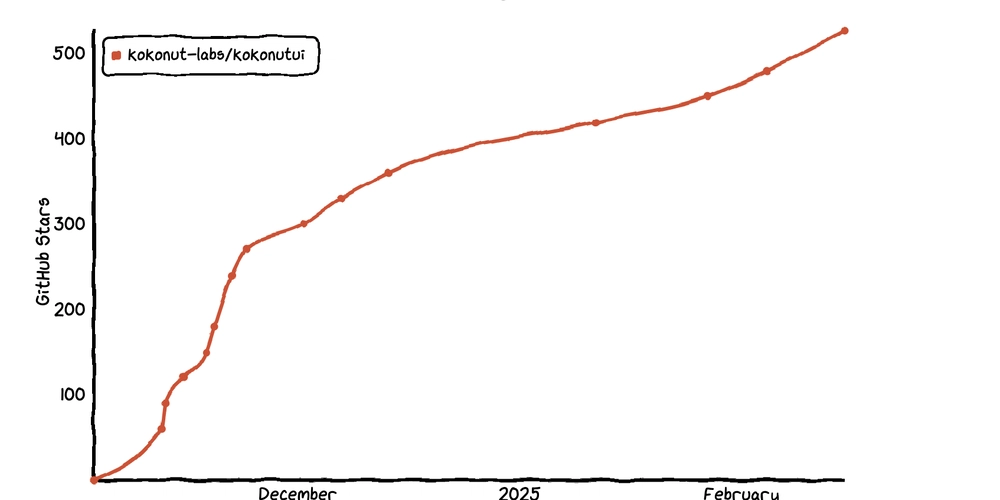Using Jinja2 to Build Smarter Prompts for LLMs
Jinja2 allows you to create flexible prompt templates that can adapt based on user input. Consider the following Python script that defines a Jinja2 template for an LLM prompt: from jinja2 import Template prompt_template = """ {% if context %} Context: {{ context }} Based on the context provided above, answer the following question: {% else %} Answer the following question: {% endif %} Question: {{ question | default("Default question") }} Give a detailed and well-explained answer. """ template = Template(prompt_template, trim_blocks=True, lstrip_blocks=True) # Provide question and context prompt = template.render(question="What is Python?", context="Python is a programming language.").strip() print(prompt) # Provide only question prompt = template.render(question="What is AI?").strip() print(prompt) # Provide nothing prompt = template.render().strip() print(prompt) Here’s what this template does: If a context is provided, it includes it in the prompt. Context: Python is a programming language. Based on the context provided above, answer the following question: Question: What is Python? Give a detailed and well-explained answer. If no context is provided, it directly asks the question. Answer the following question: Question: What is AI? Give a detailed and well-explained answer. The default() filter ensures a fallback question is used if no question is provided(just for demonstration, may be handy for other scenarios) Answer the following question: Question: Default question Give a detailed and well-explained answer. Yes, we have frameworks and some of them use jinja2 but I prefer to keep things under my control and build from scratch if possible. If you have an interesting project, let's connect! https://www.linkedin.com/in/mayankladdha31/
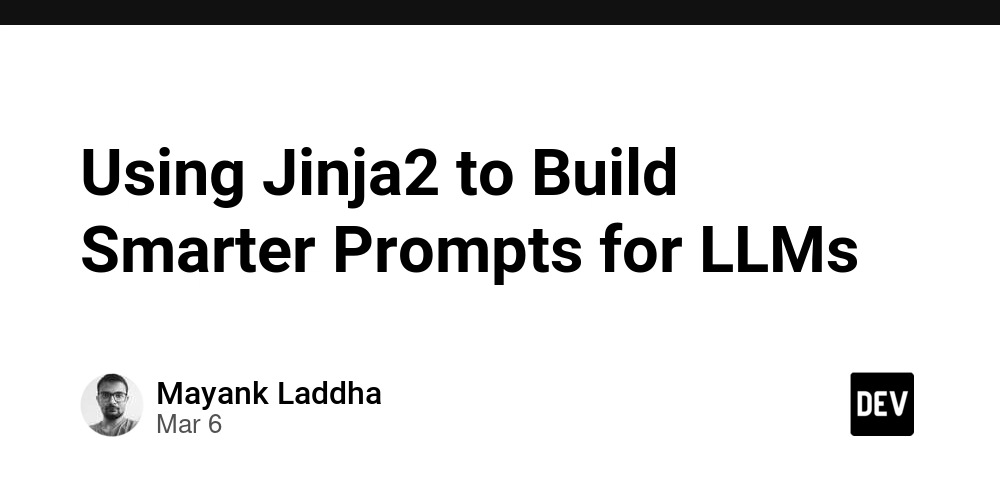
Jinja2 allows you to create flexible prompt templates that can adapt based on user input.
Consider the following Python script that defines a Jinja2 template for an LLM prompt:
from jinja2 import Template
prompt_template = """
{% if context %}
Context: {{ context }}
Based on the context provided above, answer the following question:
{% else %}
Answer the following question:
{% endif %}
Question: {{ question | default("Default question") }}
Give a detailed and well-explained answer.
"""
template = Template(prompt_template, trim_blocks=True, lstrip_blocks=True)
# Provide question and context
prompt = template.render(question="What is Python?", context="Python is a programming language.").strip()
print(prompt)
# Provide only question
prompt = template.render(question="What is AI?").strip()
print(prompt)
# Provide nothing
prompt = template.render().strip()
print(prompt)
Here’s what this template does:
If a context is provided, it includes it in the prompt.
Context: Python is a programming language.
Based on the context provided above, answer the following question:
Question: What is Python?
Give a detailed and well-explained answer.
If no context is provided, it directly asks the question.
Answer the following question:
Question: What is AI?
Give a detailed and well-explained answer.
The default() filter ensures a fallback question is used if no question is provided(just for demonstration, may be handy for other scenarios)
Answer the following question:
Question: Default question
Give a detailed and well-explained answer.
Yes, we have frameworks and some of them use jinja2 but I prefer to keep things under my control and build from scratch if possible.
If you have an interesting project, let's connect!
https://www.linkedin.com/in/mayankladdha31/










































































































































































![[The AI Show Episode 142]: ChatGPT’s New Image Generator, Studio Ghibli Craze and Backlash, Gemini 2.5, OpenAI Academy, 4o Updates, Vibe Marketing & xAI Acquires X](https://www.marketingaiinstitute.com/hubfs/ep%20142%20cover.png)














































































































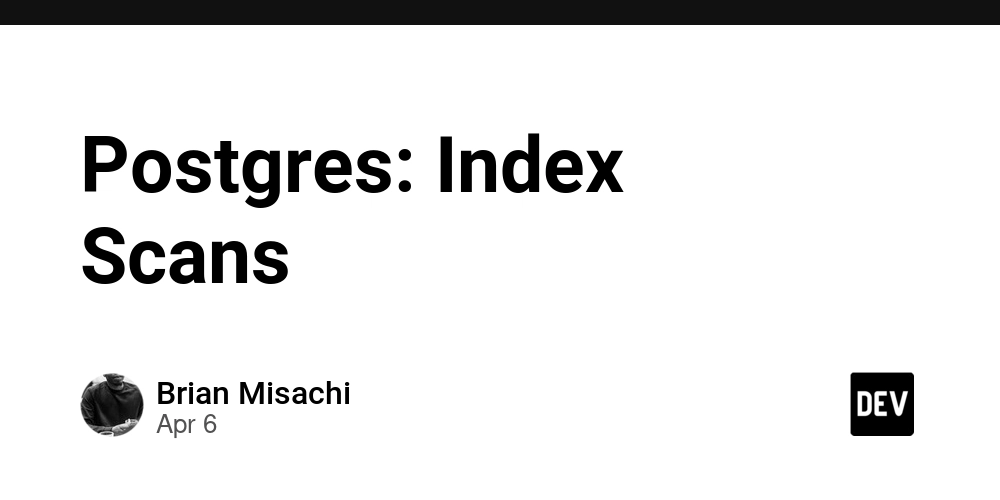

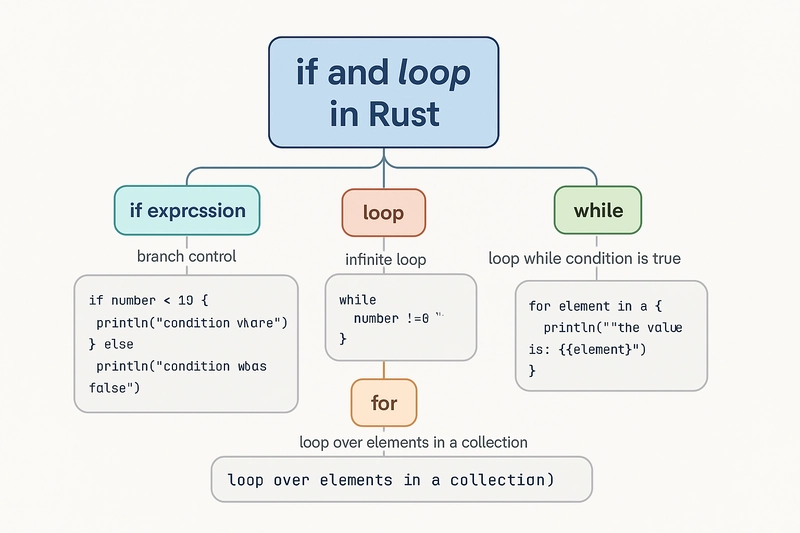









![[DEALS] The Premium Learn to Code Certification Bundle (97% off) & Other Deals Up To 98% Off – Offers End Soon!](https://www.javacodegeeks.com/wp-content/uploads/2012/12/jcg-logo.jpg)


![From drop-out to software architect with Jason Lengstorf [Podcast #167]](https://cdn.hashnode.com/res/hashnode/image/upload/v1743796461357/f3d19cd7-e6f5-4d7c-8bfc-eb974bc8da68.png?#)








































































































.png?#)


































_Christophe_Coat_Alamy.jpg?#)
 (1).webp?#)




































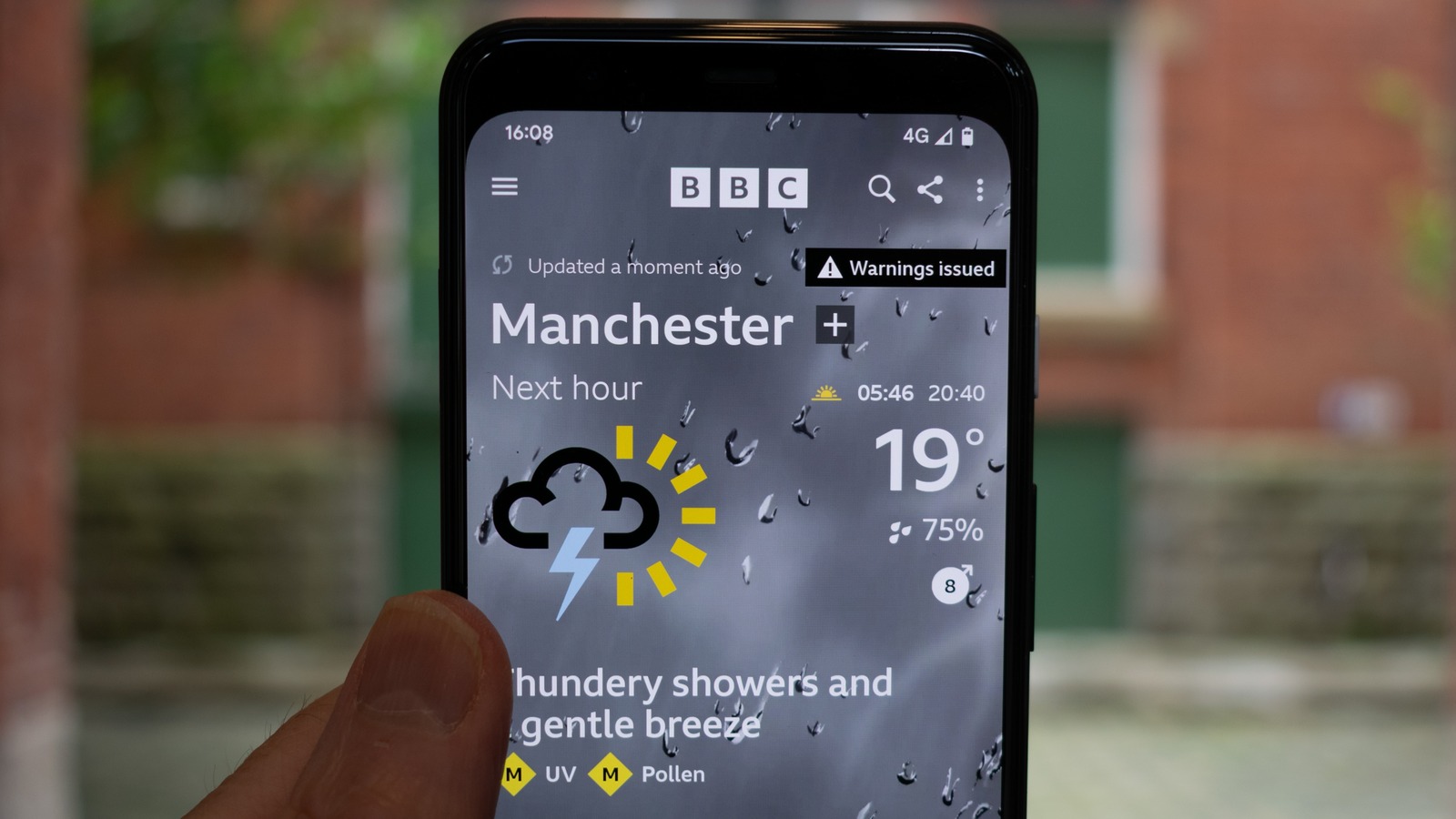

































































![iPhone 17 Pro Won't Feature Two-Toned Back [Gurman]](https://www.iclarified.com/images/news/96944/96944/96944-640.jpg)
![Tariffs Threaten Apple's $999 iPhone Price Point in the U.S. [Gurman]](https://www.iclarified.com/images/news/96943/96943/96943-640.jpg)




















































